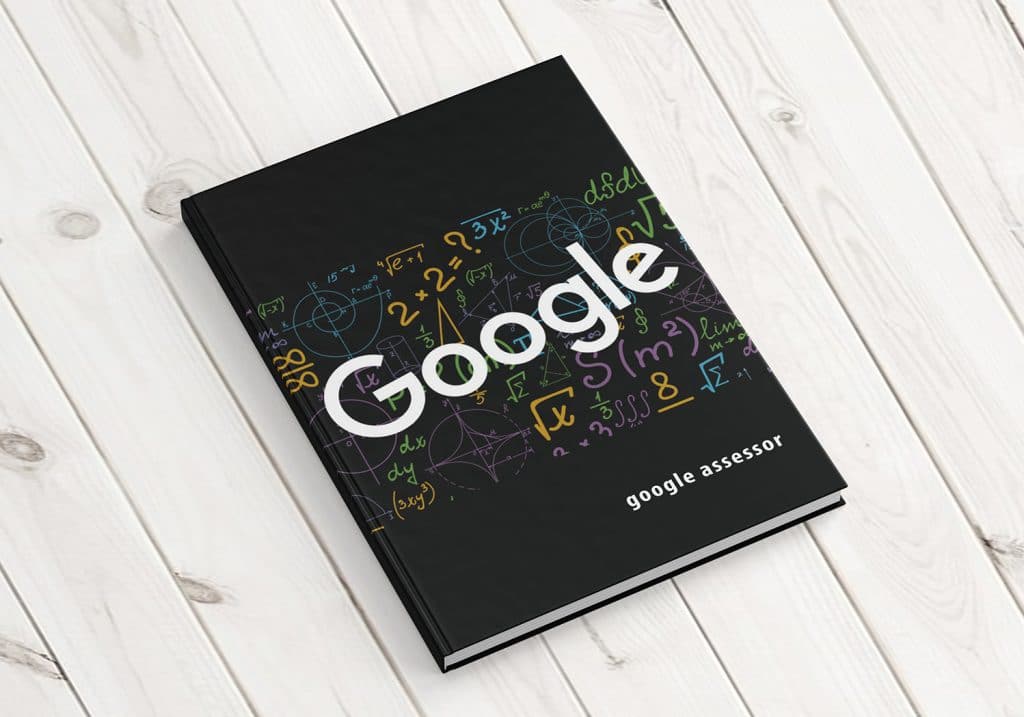In order to get high-ranking positions, you need to study the Google Search Engine Optimization Starter Guide, which has been updated in 2018. To date, this is 164 pages of essential content quality guidelines for a page. The ranking formula, which is familiar to SEO specialists, is calculated based on estimates of assessors. Page quality, spam level are key criteria for web pages, sites, and author posts..
We suggest looking at what has changed in the Google Assessor Guide and analyzing what conclusions can be drawn from it.
It is essential to understand that the assessors themselves indirectly influence the ranking of sites. However, their estimates are used by Google to improve their formula.
One of the changes is to see the content carefully. The site's "Site reputation" section name has been expanded. The App Reputation of the site and the author of the primary content appeared. Further, the concept of "inferior quality" was introduced in Google's guide, which included the author's reputation. Thus, the substance of the content and the importance of its author will influence the future evaluation.
Attention was focused on clickbait headers. If the content does NOT support their big-name or sensationalism, then the site's quality rating will be unsatisfactory.
The purpose of the web page
The Page Benefit value has cemented its position and will also be used as a fundamental principle. However, "appraisers" now interpret it not only about the value it brings to a particular user but also the relevancy of issuing the request.
Opportunity to share
There is another point for video content in Google's guide - the ability to share it. At first, the pages where the video just opened were praised - were viewable. Now, video content with a share button deserves the highest marks.
Wallet or life?
These are also known as the YMYL pages, which contained the concepts of health, happiness, and financial stability. They have expanded their meaning. The current terms added "security." This is since any actions related to payment or physical consequences should be entirely safe for the user and not carry a hidden threat.
The importance of reputation
To minimize misinformation and the appearance of deliberately false information, Google's guide is not only to pay attention to the quality of the content but also to check its author's reputation. For a long time, publications on sites may have no information about the author. Today it is the main criterion of high appreciation. In addition, the assessor must check the information provided about the author on a particular site and use other sources, such as search results.
Page Quality Score
The latest update shows that Google's Quick Guide has edited Google's Quality Score section. There are now two priority tasks for the assessor:
| 1. | Understand the value of the page. Any documents that do not carry practical weight, and even more so - spread violence, hatred, in any way mislead or deceive users, inevitably receive the rating "Worst." |
| 2. | Rate the pages based on the lowest rating added - "Worst.". |
What affects the evaluation:
| the purpose of the information on the page;; | |
| EAT; | |
| content features - quantity and content; | |
| information about the author and his reputation; | |
| the reputation of the site itself. |
Added EAT evaluation criteria:
| materials on the medical subject should be written exclusively by accredited specialists, be checked; | |
| facts must back up news; | |
| science articles should be based on generally accepted facts in the field of science. |
The amount of quality content in Google's webmaster recommendation is provided by a whole block. The EAT, in combination with the required amount of information, aims to bring the resource closer to appreciation.
Low-quality features have also been added. "Purpose" and "benefit" continue to play an important role, but reviews are still being added. For information pages, users' opinions are the first bell that prompts a re-examination of the truth of the information presented. But for a YMYL page, this can play a key role - the score will be lower.
A variety of annoying content, whether pop-up ads or page-blocking images, pop-ups in Google's instructions are a beacon for downgrading. Another reason to downgrade the spread of conspiracy theories or information about collusion. Any hoaxes on the page can lower its ranking.
Requirements for online stores have become higher. Again, this is driven by user safety.
After carefully examining Google's recommendations in Russian for assessors, we can conclude that the algorithms are getting tougher. So, SEOs will have to adjust their innovation strategies.
In summarizing significant changes, we recommend that you spend more time on Page Aims and Benefits, EATs, Content Quality and Volume, and Reputation.
| Google Assessor's Guide 2018 (RU) |
| Search quality evaluator guidelines (EN) |
